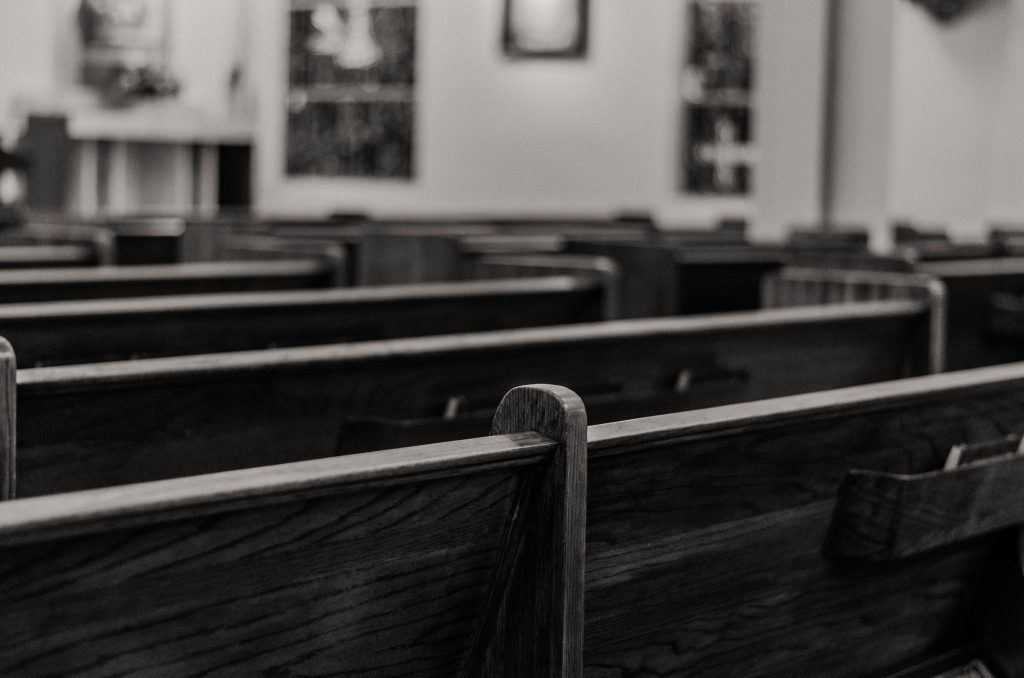Lessons from a Landlord/Tenant Judge

One of the benefits of being a landlord/tenant lawyer is the opportunity to attend court frequently and see real cases in action. One advantage of this is seeing how different attorney and judges approach these cases and the issues that arise in them, especially with evictions. Recently, while waiting for a hearing, I had an opportunity to listen to a judge who was presiding over a hearing between a landlord attorney and a pro se party (a husband and wife representing themselves in court. The judge took a great deal of time explaining how a landlord/tenant case works and offered many pointers that I thought would be useful to share here:
- Jury v. Bench Trial: Parties have a right to a jury trial in an eviction case. However, just because parties have this right does not mean they should always use it. A jury trial requires parties to strictly follow the rules of civil procedure and evidence, which can be a real challenge for a non-lawyer. If a party wants a jury trial, they should give serious consideration to hiring a landlord/tenant lawyer for their case.
- Timelines in an Eviction Case: Eviction cases (“summary process”) move at a faster pace than typical civil cases. Even if a party decides to represent themselves pro se, they need to be prepared to handle court and filing deadlines.
- Settlement: As said by the judge, “litigation is like getting naked in front of a room of strangers.” A court case is never easy for any party, and requires an enormous amount of time and costs for all parties. As explained best by this judge, a court case requires you to go before six unknown people, who have to hear your story and make a judgment. As said best by the judge: a settlement will almost always make everyone happier than a decision by the court—a sentiment I fully agree with.
If you find yourself as a party in an eviction case and need legal assistance, contact me for a consultation.
